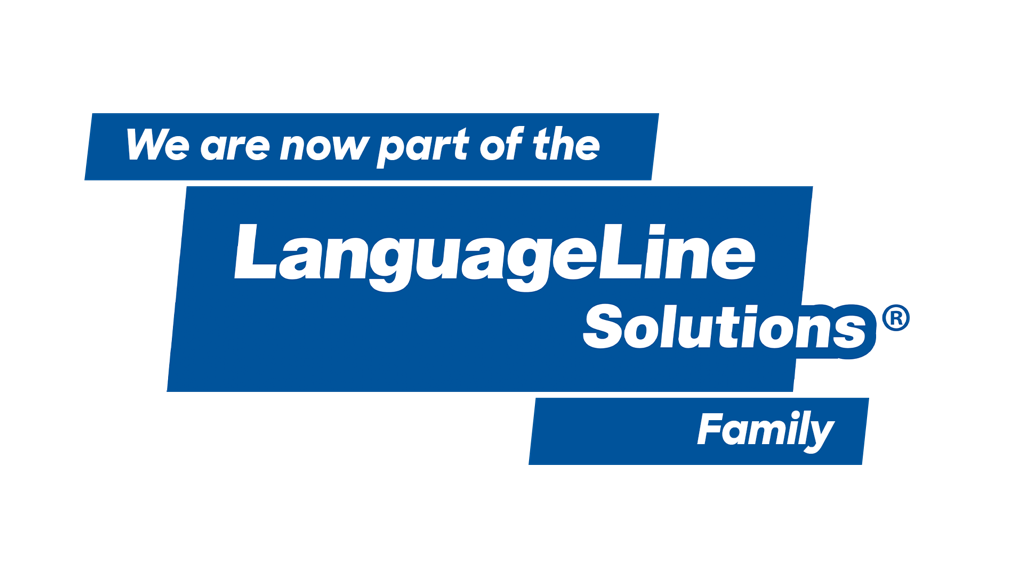Providing safe and effective interpreting services in healthcare
Kent Community Health NHS Foundation Trust (KCHFT) provides NHS care for the local community in a number of settings including; people’s own homes, nursing homes, health clinics, community hospitals, minor injury units and in mobile units. They are one of the largest NHS community health providers in England, serving a population of approximately two million and are located in a demographically diverse areas, so it’s essential that local communities are able to access the full range of NHS services, no matter their language. In order to achieve this, Capita Translation and Interpreting (Capita TI) provides a quality interpreting service to KCHFT.
Multilingual healthcare services
Charlotte Wood, an Engagement Manager at KCHFT, works with both staff, patients and external NHS and voluntary organisations to help improve access to health services.
“Interpreting is so important in healthcare because as a trust, we need to ensure that all patients are treated equally and to do that we need to meet their specific communication requirements. Interpreters are very important as they allow us to be confident that our patients are making informed decisions regarding their healthcare and wellbeing. It’s vital that all our staff understand how to access an interpreter, what services can be provided and what contingencies are in place. To achieve this, both Capita TI and the trust have developed guidance which is available on the trust’s intranet.” – Charlotte Wood
Qualified interpreters
All of our interpreters are qualified, experienced and can also possess certain clearance levels, ensuring a high-quality, professional service at all times.
“Interpreters are impartial, have a high level of English and will clearly interpret what is said on behalf of both parties. Family members, which have been used in the past, are not suitable as they could communicate their opinions, albeit with good intention; however, they are not always appropriate. If interpreters are not used appropriately and when necessary, many appointments could be wasted, and this would not just have an impact on the organisation’s time, but also its finances.” – Hana, Czech & Slovak interpreter
It’s important that organisations delivering critical services such as healthcare, are confident that their patients can understand their condition and diagnosis in order to make informed decisions regarding any necessary investigations and/or treatment. For those who speak limited or no English, this can only be achieved with the help of qualified, experienced and secure interpreters.
At Capita TI, many freelance interpreters hold a Community Interpreting Certificate or Diploma in Public Service Interpreting (DPSI) which are nationally recognised interpreting qualifications; for languages where a DPSI is not available, interpreters must provide proof of other appropriate qualifications and experience. There are different levels of security checks available however the checks required of interpreters varies, dependent on which type of organisations interpreters are going to carry out assignments for. At Capita TI, Enhanced Disclosure and Security Barring (eDBS) is the very minimum security check acceptable to be a provider of services.
Face to face and remote interpreting
The traditional means of interpreting used in public sector is face to face, where an interpreter is physically present in order to allow the two parties to communicate. Face to face interpreting has its benefits, but we’re seeing an increase in the demand for immediacy – a sort of “on the go” or “on demand” service. And you can see why – many public sector organisations deal with urgent situations where timing is crucial, and that’s where telephone interpreting can help.
Our innovative remote interpreting service, Capita LiveLINK, is available in over 170 languages, and can be used 24 hours a day, allowing organisations to communicate with non-English speakers quickly, in any language, via any channel, at any time of day or night. In these pressing situations, telephone interpreting can help to quickly break down any language barriers, with the touch of a button.
